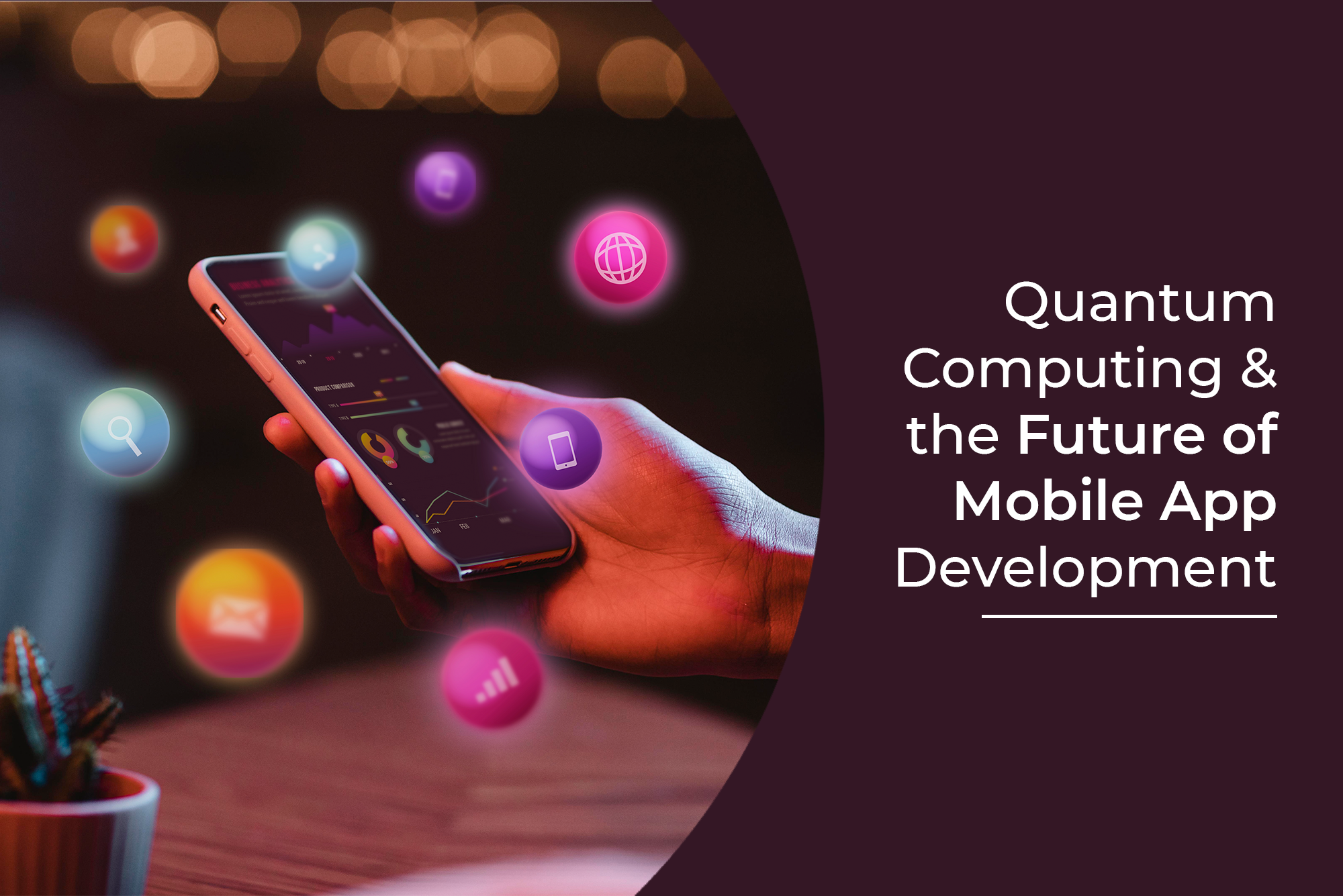Quantum Computing and the Future of Mobile App Development

In the realm of technological advancements, quantum computing stands out as one of the most transformative and intriguing innovations of recent years. Although still in its nascent stages, quantum computing promises to revolutionise mobile app development by offering unprecedented processing power and solving complex problems that are currently beyond the reach of classical computers.
At its core, quantum computing leverages the principles of quantum mechanics to perform calculations at speeds that classical computers cannot match. Unlike traditional binary computing, which uses bits as the smallest unit of data (either a 0 or a 1), quantum computing utilises quantum bits, or qubits. Qubits can represent and process a multitude of states simultaneously, thanks to phenomena such as superposition and entanglement. This capability enables quantum computers to tackle problems with exponential complexity much more efficiently than their classical counterparts.
So, how does this leap in computational power translate to mobile app development? The impact of quantum computing on this field is anticipated to be profound. Here are a few ways in which quantum computing might shape the future of mobile apps:
- Enhanced Security: One of the most exciting prospects of quantum computing is its potential to redefine cybersecurity. Current encryption methods rely on the difficulty of factoring large numbers, which quantum computers could potentially solve much more quickly than classical systems. This could lead to the development of new, quantum-resistant encryption techniques, providing mobile app developers with enhanced security measures to protect sensitive user data.
- Optimisation and Performance: Quantum computing has the potential to optimise complex algorithms that are integral to mobile app functionality. For instance, apps that rely on real-time data processing, such as navigation or financial applications, could benefit from quantum algorithms that optimise routes or perform calculations at unprecedented speeds. This would significantly enhance the performance and responsiveness of these apps.
- AI and Machine Learning: The integration of quantum computing with artificial intelligence and machine learning could further accelerate advancements in these fields. Quantum algorithms can process large datasets more efficiently, leading to more accurate and faster AI-driven predictions and recommendations. Mobile apps utilising AI could become more intuitive and effective in personalising user experiences.
- Simulations and Modelling: Quantum computing can improve simulations and modelling capabilities, which could be beneficial for apps in sectors such as healthcare, gaming, and virtual reality. For example, quantum-enhanced simulations could provide more realistic virtual environments or more accurate models for medical diagnostics.
Despite these promising developments, it’s important to note that practical quantum computing is still a work in progress. The technology is not yet at a stage where it can be fully integrated into everyday mobile app development. However, research and experimentation are ongoing, and it is only a matter of time before quantum computing becomes a standard tool in the developer’s toolkit.
In conclusion, while quantum computing is still in its infancy, its potential impact on mobile app development is immense. As researchers and developers continue to explore and refine this technology, we can anticipate a future where quantum-enhanced mobile apps offer unprecedented capabilities, security, and performance. The journey towards this future is one of the most exciting prospects in the tech world today.
